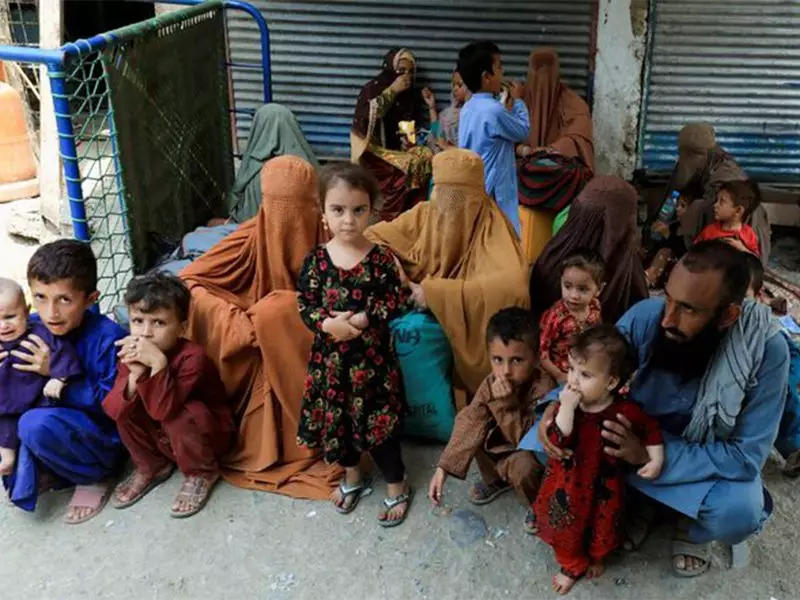
In a significant development that could reshape Europe's migration landscape, twenty nations have launched a coordinated effort urging the European Union to accelerate the repatriation of undocumented Afghan nationals residing illegally within member states.
Multinational Coalition Emerges
The unprecedented joint appeal represents one of the largest collective actions on migration policy in recent years. Diplomatic sources confirm that the participating countries span multiple continents, reflecting growing global concern about irregular migration patterns originating from Afghanistan.
Security Concerns Take Center Stage
According to official communications, the coalition has emphasized pressing security considerations as a primary motivation for their stance. The nations argue that maintaining large populations of undocumented individuals creates potential vulnerabilities that could be exploited by extremist elements.
Economic Burden Argument
Beyond security issues, the participating countries have highlighted the substantial economic strain that hosting illegal migrants places on European economies. They point to rising costs in social services, housing, and integration programs that have stretched municipal budgets to their limits.
EU's Response and Challenges
European Union officials are reportedly reviewing the formal request while balancing humanitarian obligations with security imperatives. The situation presents a complex challenge for Brussels, which must navigate international pressure while adhering to its own legal frameworks and human rights commitments.
Implementation Hurdles
Practical obstacles to large-scale repatriation include:
- Verification of migrants' countries of origin
- Legal challenges in deportation proceedings
- Human rights considerations regarding returns to Afghanistan
- Coordination between EU member states on enforcement
Regional Implications
This development signals a potential shift in how nations approach migration management collectively. The coalition's stance could influence similar discussions regarding migration from other conflict-affected regions, setting precedents for future international cooperation on border control and refugee policies.
As the European Union deliberates its official response, migration experts are closely monitoring whether this coordinated pressure will translate into concrete policy changes affecting thousands of Afghan nationals currently residing in Europe without proper documentation.





